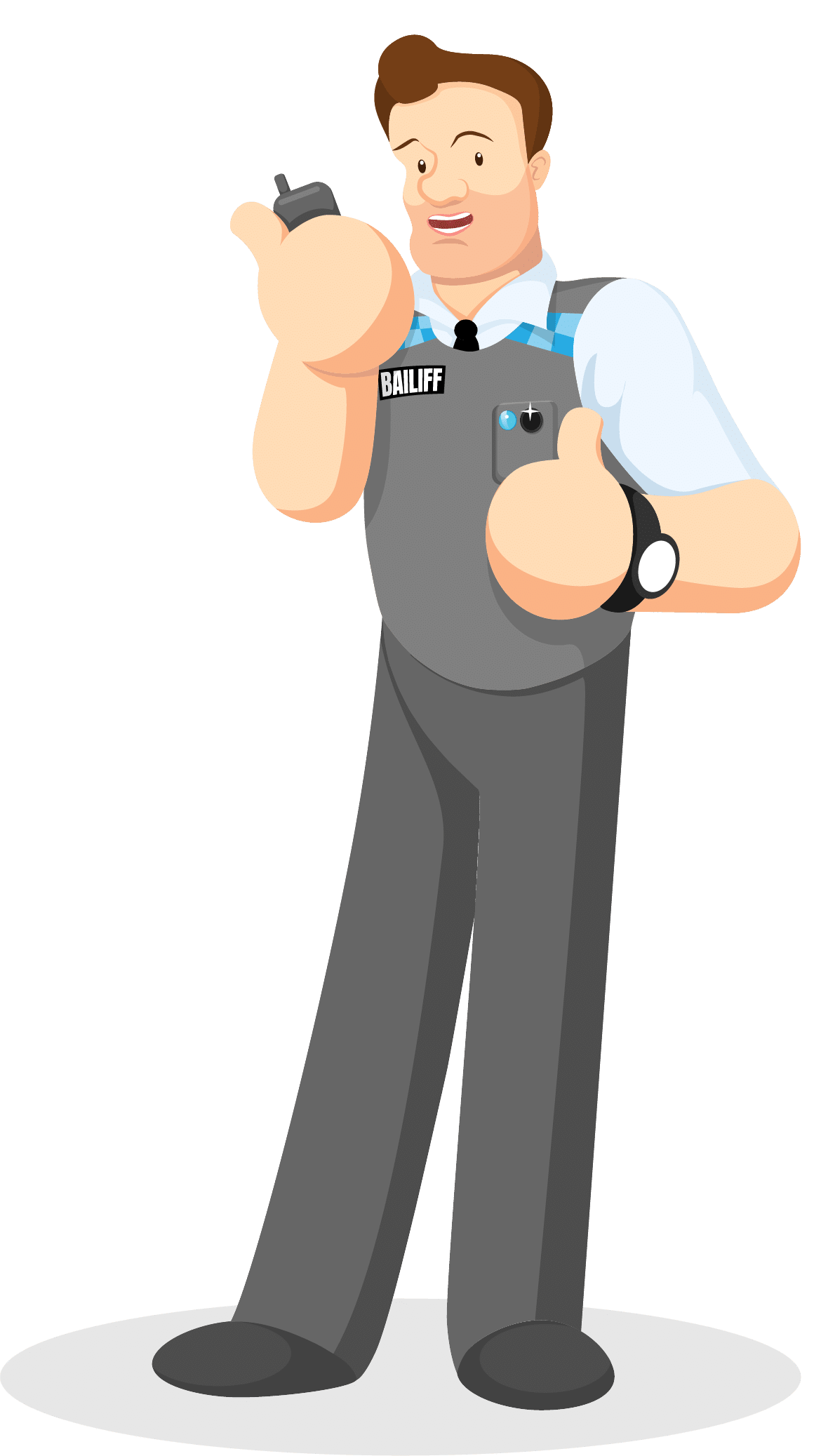Secured Loan Debt Help & Advice
Secured Loans are used when we need to make larger investments or buy assets that cost more. Examples of cases when we might use a Secured Loan are when we need to buy a new house or renovate the current one or buy a new car. Usually secured Loans are a larger sum of money that we take from a bank or other credit organization and pay back in installments each month for a long period.
Although they are to be paid in the long term, Secured Loans are created financial trouble for you and your family if you fail to pay them. The main reason this happens is that the loan taken is given to you with the condition that the provider can confiscate the assets you bought if you fail to pay the debt. Meaning, if you buy a house with a secured loan and you fail to pay the installments then the loan provider can take your house.
This will not only leave you without your property but will also seriously damage your credit history, which will make it very hard for you to secure a loan again. Moreover, because the bank got took your property, either a car or a house this does not automatically mean that you do not owe any more.
If the value of your asset the bank or loan provider took from you is lower than the loan then you still need to settle your debt with the bank. Usually, this means you need to pay more for what you do not have. In case you do not pay the rest of the amount a loan provider can take legal action against you.
Why use a secured loan?
In most cases, because the provider has the right to take the asset you have bought in case you fail to pay the debt, the overall debt interest rate will lower compared to other types of debts available.
Secured debts are usually the cheapest way to raise money when you need to buy large items or make big investments in assets. However, that does not mean they are completely without risks:
You shouldn’t use this type of loan to cover other smaller debts and bills. You might put your house, car, and family at risk by doing so.
Consequences of not paying your Secured Debt
Usually, there will be one or more notices for the loan provider if you are late on your payments or if you are failing to repay the debt. However, there might come a time when the bank or loan provider will threaten to take your property if you do not pay. In this case, it is very important that you contact them and figure out a way to renegotiate the payment plan. Maybe ask for a period of grace, smaller installments, or a longer period to repay.
It is advisable that if the loan provider is negative about offering you a new way to settle the issue you contact an advisor that can negotiate for you.
How to avoid falling behind with your Secured Payment?
Plan ahead: Usually you will agree with your loan provider on a specific amount that you will have to pay each month for your secured loan. This makes it easier to plan and put this expense in your monthly budget. You can save money each month, and set them aside to pay your loan. Make sure you do not use that money for other purposes as that will put your property at risk.
Prioritize your debts: If you are struggling to pay off multiple debts, it’s smart to make sure you pay any secured loans you have first. This way you are saving your assets and then you can find a way to pay the smaller debts.
Keep an open communication: In case you are unable to make a payment or an unexpected situation has occurred that is making it hard to keep up with your loan make sure to contact the provider and seek a solution together. Create together a new plan of repayment that suits your new situation.
If you are facing any of the above situations and you are unable to renegotiate your debt installment with your provider, make sure to contact one of our advisors to provide you with possible solutions for your case.








